Cooking can transform ingredients into mouthwatering creations—but not all fruits play nice with heat. Some turn their textures mushy, others lose their flavor, and a surprising few become downright dangerous when cooked.
Yes, you read that right: certain fruits release harmful compounds or lose their nutritious benefits entirely when exposed to heat. So before you toss that exotic fruit into your skillet, check out this list of seven fruits that are better left raw. Your health—and your taste buds—might thank you!
1. Starfruit
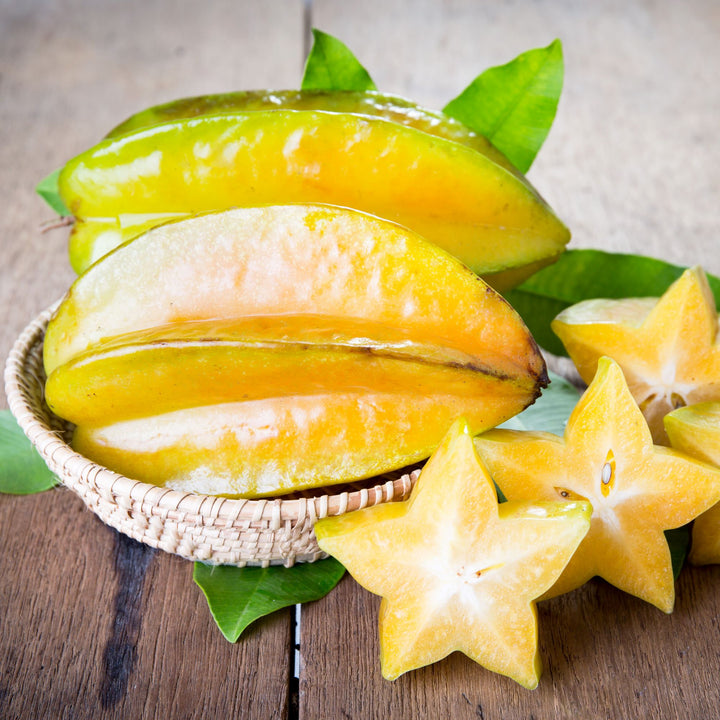
Starfruit, with its celestial shape and zesty flavor, is a showstopper when raw. But apply heat, and its natural oxalic acid levels can skyrocket, which is bad news for your kidneys. People with pre-existing kidney issues should avoid cooking this fruit at all costs since it could lead to toxicity.
Beyond the health risks, the once-crisp texture turns into a limp mess, and the flavor dulls significantly. If you want to enjoy starfruit’s refreshing tang, keep it raw and pair it with a salad or a tropical smoothie.
2. Lychee
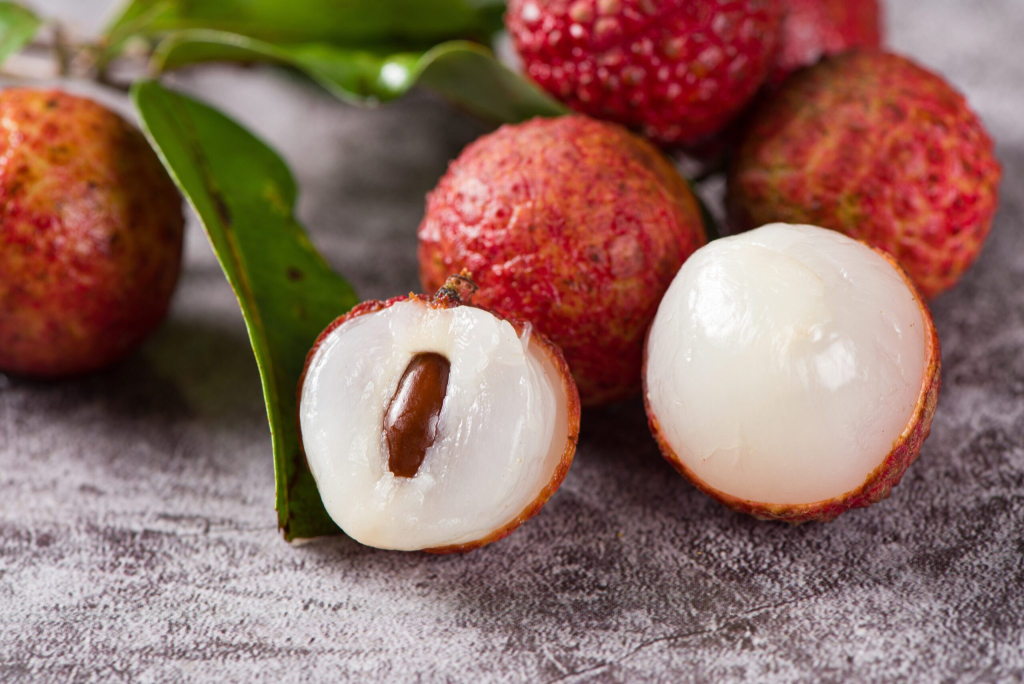
Lychee, the fragrant, juicy gem of tropical fruits, doesn’t shine in the kitchen. Cooking lychee can alter its naturally occurring hypoglycin A compound, turning it potentially toxic, especially for children.
The heat not only changes the chemistry but also zaps its signature floral sweetness, leaving you with a bland, gummy glob. It’s best to enjoy lychee straight out of its shell, chilled and juicy, or added raw to desserts. This is one fruit that thrives in simplicity and wilts under the pressure of heat.
3. Elderberries
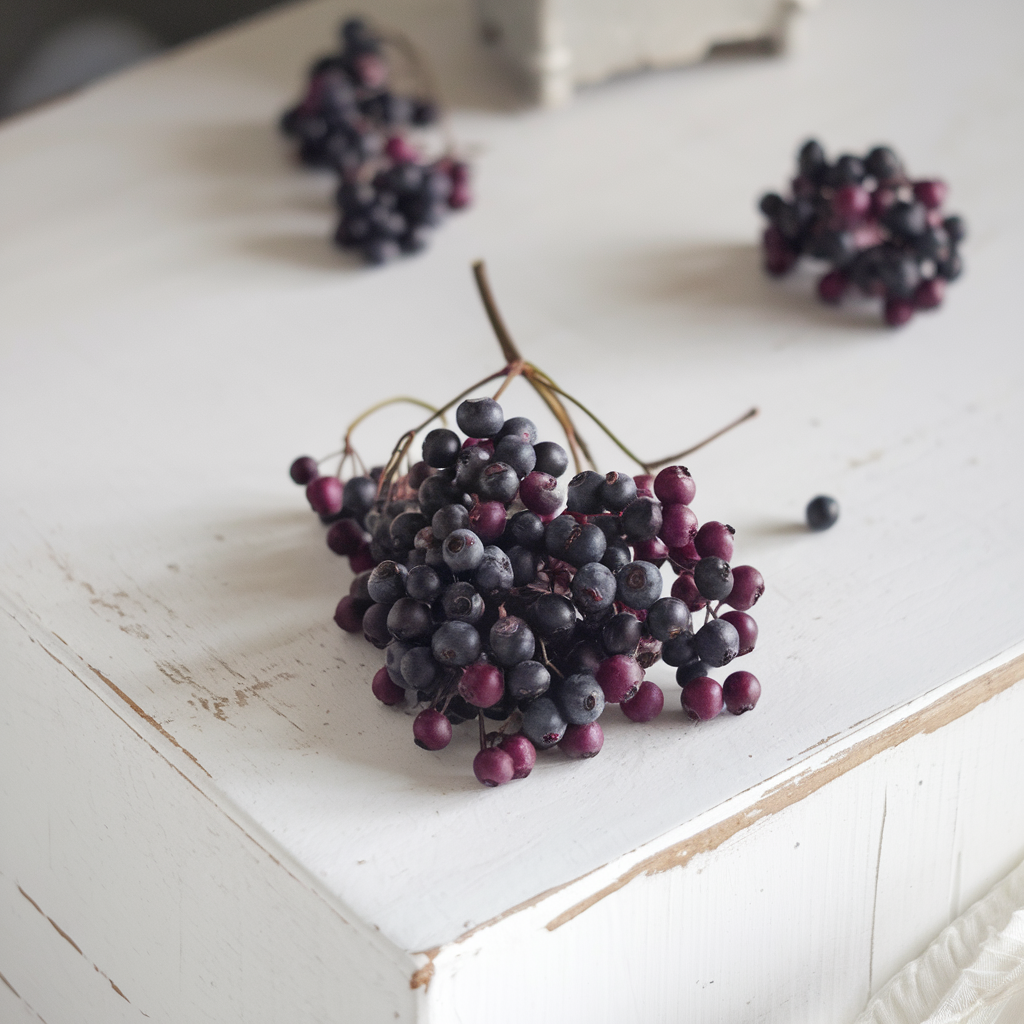
Elderberries are antioxidant-packed and delicious when prepared correctly, but cooking them incorrectly can release cyanogenic glycosides—a fancy term for compounds that can produce cyanide. While proper preparation neutralizes these toxins, overcooking or undercooking can be risky business.
Even when safe, heat can strip elderberries of their deep, tart flavor, leaving them lackluster. If you’re not confident in your elderberry skills, it’s safer to skip the stove and stick to store-bought syrups or jellies made by the pros.
4. Ackee
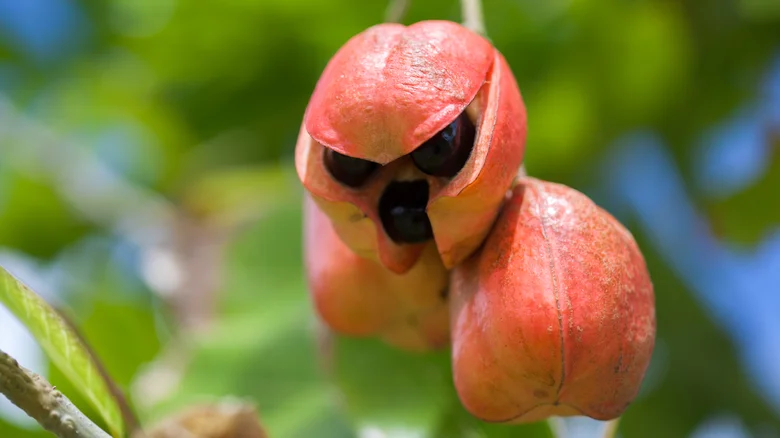
Ackee is Jamaica’s national fruit and a culinary treasure when prepared properly. However, cooking unripe or improperly harvested ackee can release high levels of hypoglycin A and B, leading to a condition ominously named “Jamaican vomiting sickness.”
Even when ripe, overcooking can mess with its creamy, nutty flavor and destroy its delicate texture. If you’re feeling adventurous, make sure you handle ackee with caution and follow preparation guidelines to the letter. Otherwise, admire its bright red pods from afar.
5. Rhubarb
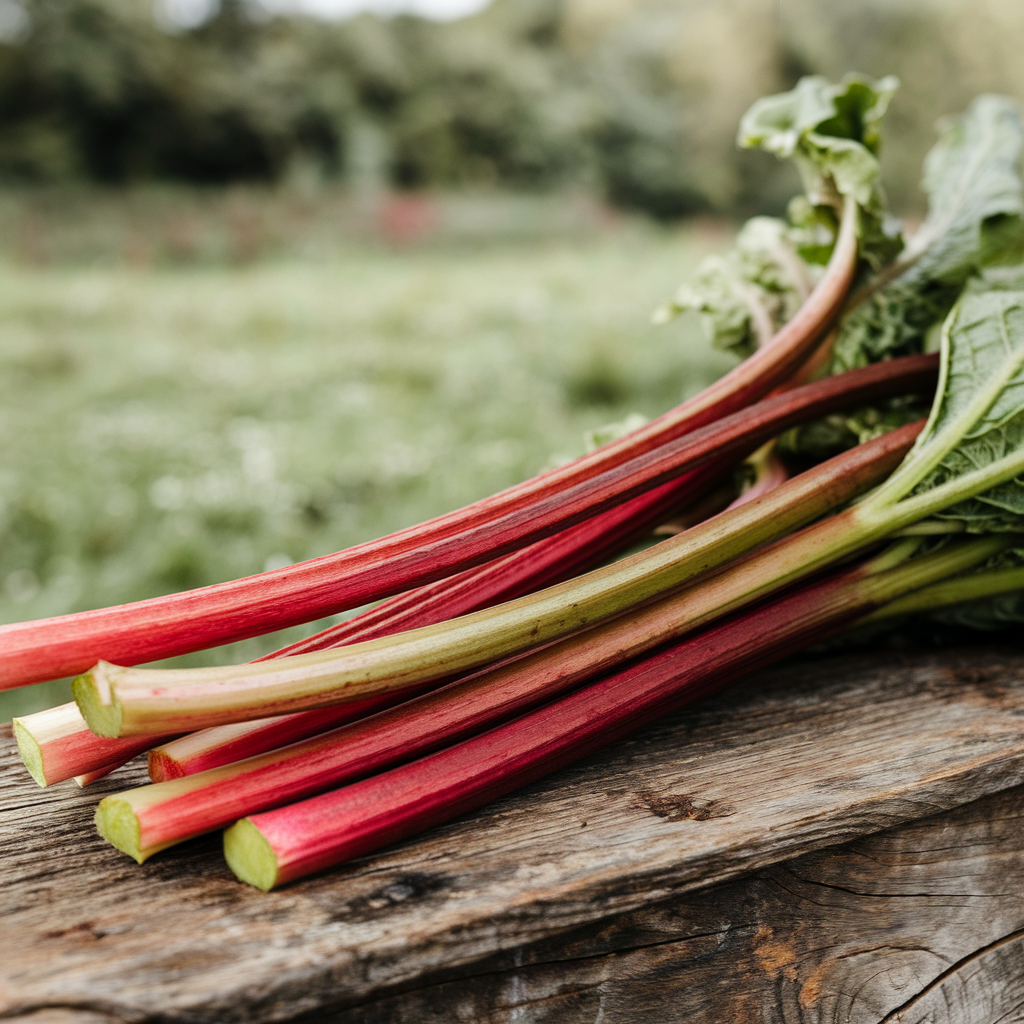
Rhubarb stalks make pies sing, but cooking the leaves—even accidentally—can spell trouble. The leaves contain oxalic acid and anthraquinone glycosides, which are highly toxic and can cause kidney issues and other health problems.
While the stalks themselves are safe, overcooking them can amplify their sourness to an unpalatable degree. Stick to using rhubarb as a tart counterpoint in desserts, and always trim those toxic leaves with care. This fruit-vegetable hybrid needs a delicate hand!
6. Cherries
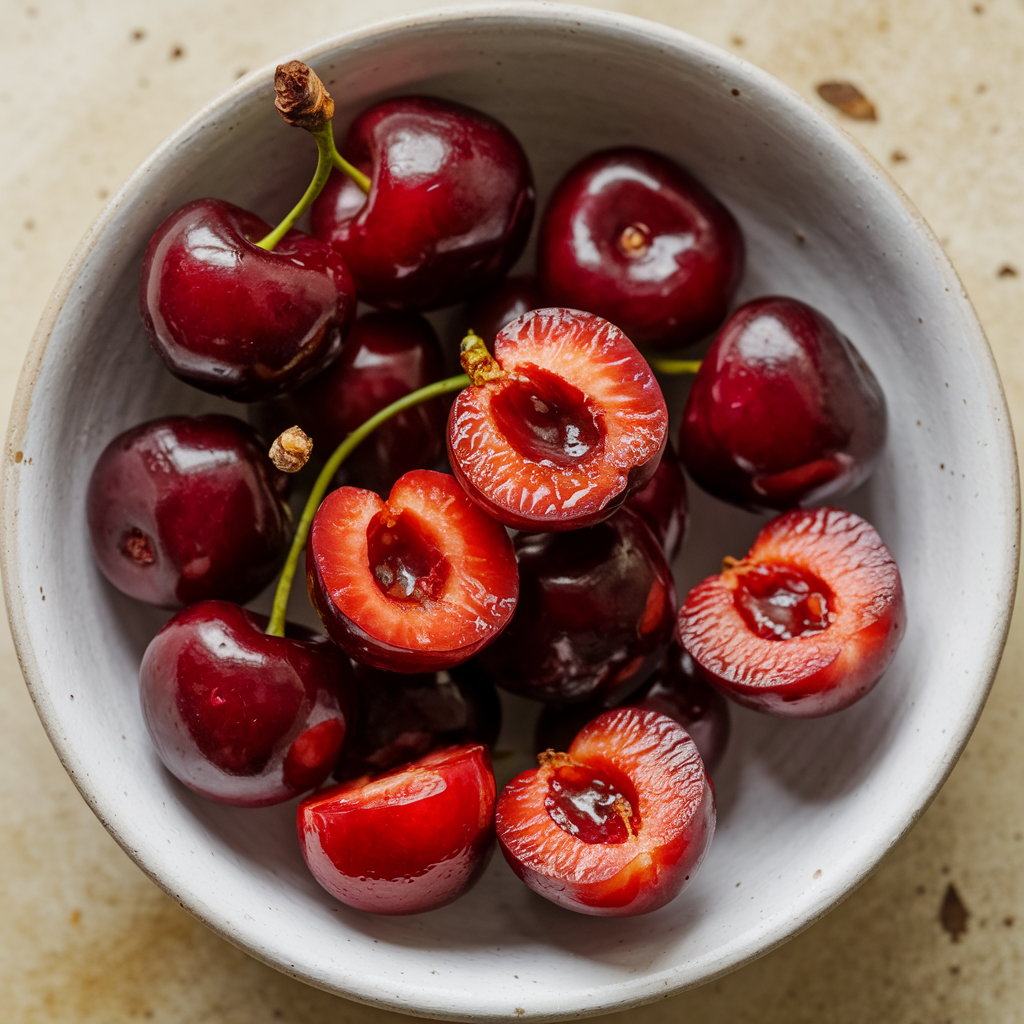
Cherries are beloved for their juicy sweetness, but their pits hide a secret: amygdalin, a compound that can turn into cyanide when broken down. Cooking cherries can sometimes cause pits to crack, releasing this potentially harmful substance into your dish.
Beyond the health risks, excessive heat can make cherries mushy and rob them of their vibrant flavor. Enjoy cherries raw or lightly poached, but avoid recipes that involve prolonged cooking—or ditch the pits entirely before you start.
7. Apricots
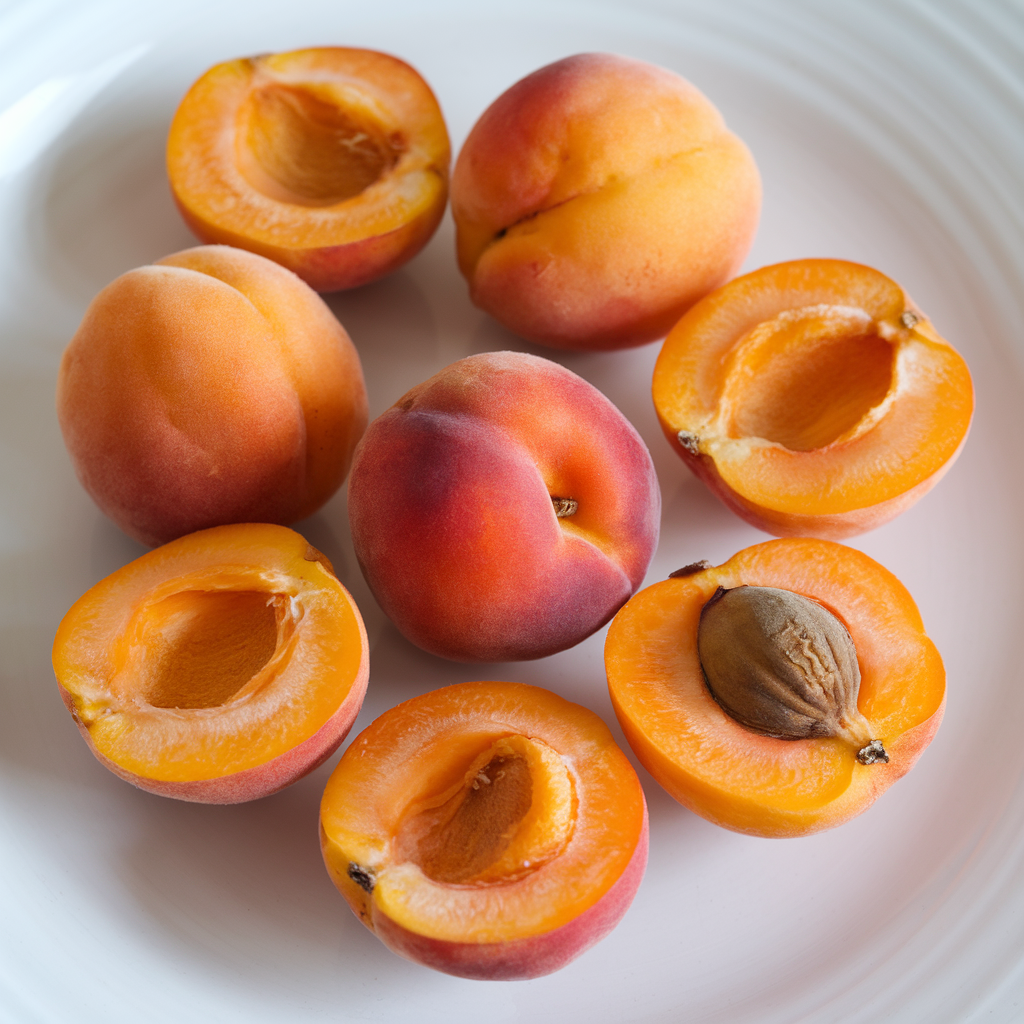
Apricots are a summer staple, but their pits share cherries’ dangerous secret: amygdalin. Cooking apricots with their pits can lead to the release of harmful compounds, especially if the pits crack open during the process.
Even without the pits, prolonged heat can ruin their velvety texture and mellow flavor. For the safest and most delicious results, eat apricots raw, bake them gently in desserts, or transform them into a quick jam. Just keep the pits far away from the heat source.
Leave a comment